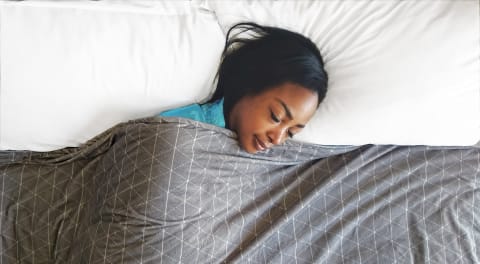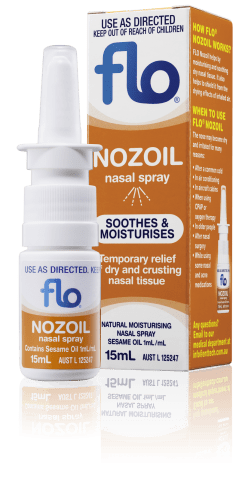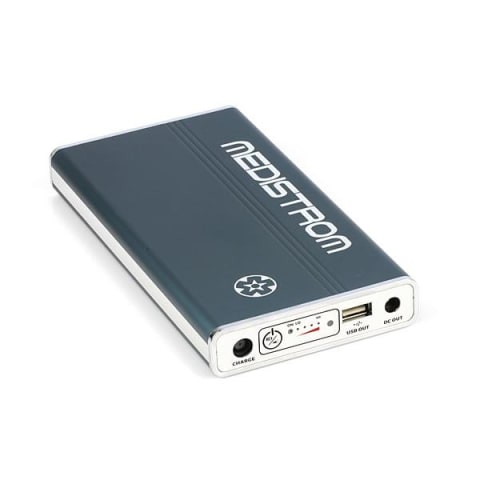Miniature CPAP Machine
Miniature CPAP Machines: What You Need to Know Before You Travel or Treat Sleep Apnea
As awareness of sleep apnea continues to grow, so too does the variety of treatment options available to patients. Among the most frequently discussed innovations in this space are miniature or travel-sized CPAP machines. These compact devices have generated considerable interest—particularly among individuals who are new to CPAP therapy, as well as seasoned users looking for a more convenient travel solution. With their sleek design and portability, it’s easy to see why they’re gaining attention. But how do they measure up when it comes to what matters most—clinical effectiveness, comfort, and long-term sleep outcomes?
At Sove CPAP Clinic, we’re committed to supporting your sleep health journey with clear, evidence-based advice and patient-first care. Whether you’re evaluating your first CPAP machine or exploring portable options for life on the go, it’s essential to make an informed choice. This guide takes a closer look at the key differences between miniature and traditional CPAP machines, helping you weigh the pros and cons before you decide.
Miniature CPAP Machines Are Not Clinically Proven to Treat Sleep Apnoea Long-Term
Travel-sized CPAP machines certainly have their appeal: they’re small, lightweight, and easy to carry. Devices like the ResMed AirMini are specifically designed for portability, making them attractive to users who are often on the move. These machines typically weigh less than a kilogram, fit easily into a carry-on bag, and are designed with simplified interfaces to suit travellers.
However, it’s important to understand that most miniature CPAPs are not designed to replace a full-sized machine for ongoing, nightly use. In fact, many of these devices come with notable limitations:
- Limited clinical data supporting their effectiveness for long-term therapy.
- Noisier operation due to compact motor design and less acoustic insulation.
- Reduced compatibility with advanced humidification systems and a narrower selection of masks.
- Fewer comfort and customisation settings, such as pressure ramping or expiratory pressure relief.
While these devices can be a great option for travel or backup use, they simply don’t offer the same versatility and support that larger, full-featured CPAP machines provide.
Sove Tip: If you’re new to CPAP therapy, it’s usually best to start with a traditional CPAP machine to establish a solid therapy foundation. Once you’re familiar with the therapy and comfortable using it nightly, a travel unit can become a handy secondary device—but not a replacement. Sove CPAP Clinic offers machine trials and consultations to help you build a tailored plan for success.
When Travel CPAPs Make Sense
While travel CPAPs are not ideal for daily treatment, they can serve a useful role in specific scenarios. Frequent flyers, campers, or those attending overnight events away from home may find a travel-sized CPAP to be a valuable backup. Their compact size and lightweight build mean you can stay compliant with your therapy even when away from your main machine.
Many models now include optional travel accessories, such as portable battery packs and travel cases, and are FAA-compliant for in-flight use. Some users keep a miniature CPAP machine as a backup during power outages or when visiting places without easy access to mains power.
However, users should remember that these devices are best viewed as supplements, not substitutes. Relying solely on a miniature CPAP without medical consultation could result in suboptimal treatment outcomes.
Sove Tip: Before investing in a travel CPAP, consider your primary therapy goals. If portability is crucial, let our team at Sove help you compare models and determine if a travel device meets your short-term or secondary needs without compromising your long-term sleep health.
Traditional CPAP Machines Provide Reliable and Proven Therapy
Traditional CPAP machines remain the most clinically validated treatment for obstructive sleep apnea. Devices like the ResMed AirSense 10, Philips DreamStation, and Fisher & Paykel SleepStyle+ offer comprehensive features, data monitoring, and proven pressure delivery.
Benefits of traditional CPAP machines include:
- Accurate pressure control that adapts to your breathing needs.
- Built-in heated humidifiers to enhance comfort and reduce dryness.
- Comprehensive therapy reporting to help clinicians track your progress.
For patients who are newly diagnosed, traditional CPAP machines provide a reliable foundation for therapy. These models are especially important during the critical early stages of treatment when consistency and comfort make the biggest impact on adherence.
Sove Tip: If you’re unsure where to start, the team at Sove CPAP Clinic can recommend a clinically suitable machine based on your sleep study results. We can also offer trials to compare models before you commit.
Sove CPAP Clinic Has a Range of Traditional, Compact and Travel-Friendly Options
While miniature CPAP machines may not be ideal for daily use, there are travel-friendly models within the traditional range that strike a balance between size and clinical effectiveness.
Sove stocks a carefully curated range of travel-compatible devices that include:
- ResMed AirMini – Ultra-compact and lightweight, designed for travel with Bluetooth-enabled support.
- Philips DreamStation – Portable with an optional integrated humidifier and touch-screen interface.
- F&P SleepStyle+ – Compact yet full-featured, offering auto-adjusting pressure and quiet operation.
These models are ideal for established CPAP users looking for a secondary device that doesn’t sacrifice safety or therapeutic benefit. They meet a higher standard than most generic travel CPAPs and are supported by reputable brands with a long history in sleep medicine.
Sove Tip: Whether you’re preparing for travel or need a smaller unit for home use, we can help you choose a machine that suits your therapy needs, lifestyle, and budget. Ask about our demo options and expert fittings.
ALWAYS FOLLOW THE DIRECTIONS FOR USE. CPAP is used for Obstructive Sleep Apnoea treatment. When considering whether a sleep study or CPAP is right for you, speak to your doctor. Medicare criteria and T&Cs apply.
Frequently Asked Questions
Do traditional and miniature CPAP machines need a prescription?
Yes. In Australia, all CPAP machines—whether full-size or travel-friendly—require a prescription or recommendation from a sleep physician following a formal sleep study. This ensures the pressure settings are tailored to your condition and that the machine is suitable for clinical use.
At Sove CPAP Clinic, we can assist with organising a home-based sleep study and provide recommendations based on your results. We also help with interpreting prescriptions and ensuring your device is set up correctly before you begin therapy.
What are the risks of using a miniature CPAP machine?
The main risk of using a miniature CPAP machine is reduced treatment effectiveness, especially if used as a primary therapy device. Many mini-CPAPs have limited pressure ranges, fewer comfort settings, and lack the robust monitoring tools that traditional machines offer.
Inconsistent pressure delivery or mask incompatibility can lead to poor adherence, dry airways, or uncorrected apnea events. That’s why these devices are best used as secondary or travel-only units by established users.
Sove CPAP Clinic advises new patients to avoid relying solely on mini models and instead trial a full-size device first under clinical supervision.
Do miniature CPAP machines have accessories like humidifiers?
Some travel CPAP machines offer compatible humidifiers, but they are often smaller, less effective, or sold as optional extras. For example, the DreamStation has a compact, add-on humidifier, while the ResMed AirMini uses a heat-moisture exchanger (HME) instead of a standard water-based chamber.
While these systems provide some relief from dryness, they don’t compare to the adjustable, heated humidifiers built into traditional models. If you’re prone to nasal dryness or mouth breathing, a full-featured humidifier may be necessary for comfort.
Speak with Sove about your options. We can recommend the right combination of machine and accessories to support a comfortable experience.
Are there money back guarantees for miniature CPAP machines?
Sove CPAP Clinic understands that finding the right CPAP machine is a personal process. That’s why we offer a trial program on select machines, including travel-friendly models. These trials allow you to test the machine at home and determine if it meets your needs before purchasing.
While miniature machines may not always come with a full money-back guarantee, our team can walk you through your options and any return policies at the time of trial or sale. Our goal is to ensure you’re confident and satisfied with your choice.
Can I try out a traditional CPAP machine to see if it’s right for me?
Absolutely. Sove CPAP Clinic offers a comprehensive trial program for traditional CPAP machines. We understand that therapy success is closely tied to comfort and machine features, which is why we encourage patients to test different models before making a commitment.
During your trial, we can monitor usage data, provide tips, and make adjustments to settings or mask fit as needed.
How much smaller are traditional, travel-friendly CPAP machines?
Travel-friendly CPAP machines within the traditional category are significantly smaller than standard units but still maintain core therapy features.
These machines are ideal for travel, business trips, or even daily use for those who need a space-saving option. They balance size with clinical performance—an important factor for anyone wanting effective therapy in a portable form.













